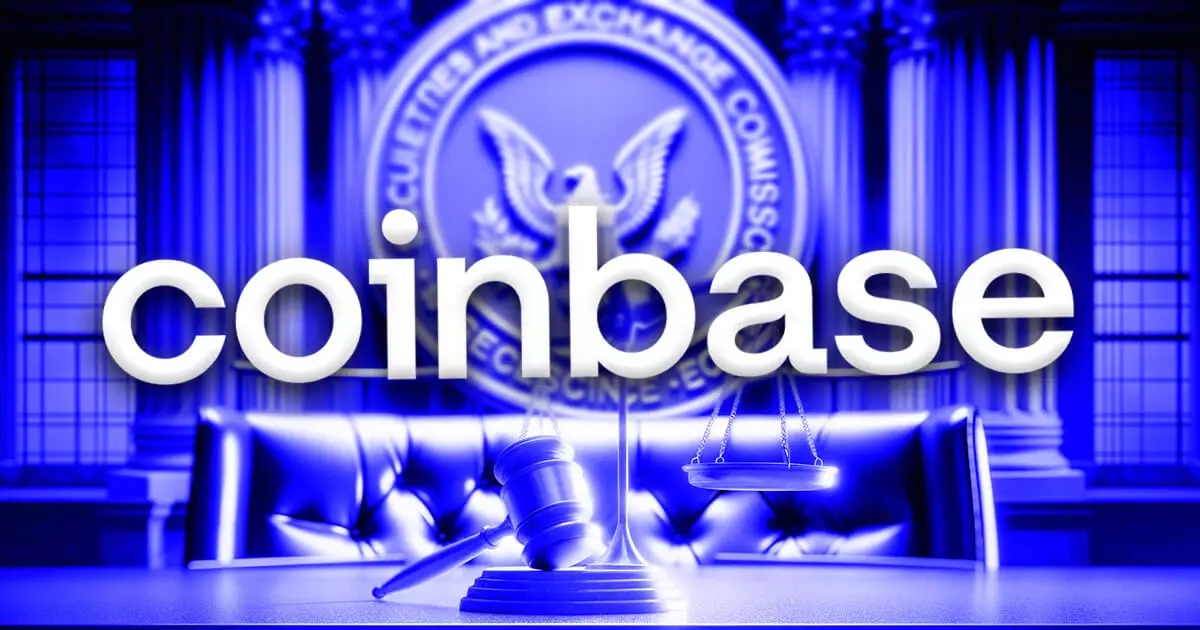The ongoing legal battle between the US Securities and Exchange Commission (SEC) and Coinbase has reached a critical point as the SEC firmly opposes Coinbase’s motion to compel additional discovery. The SEC argues that Coinbase’s sweeping demands for documents are irrelevant and overly burdensome. In a memorandum filed on Aug. 5, the SEC outlined several key points against Coinbase’s motion, emphasizing the court’s role in determining the relevance and proportionality of discovery requests.
One of the main arguments made by the SEC is that the documents sought by Coinbase are not relevant to the primary issues of the case. The SEC asserts that the court’s analysis of the facts and the law, not the SEC’s internal discussions, will ultimately decide the outcome of the case. This highlights the importance of focusing on what the defendant did rather than internal SEC communications.
The SEC also emphasized the significant burden involved in reviewing and producing millions of documents. It mentioned that it has already spent over 400 hours reviewing documents and preparing a 648-page privilege log. Expanding the search to include millions of additional documents would be excessively burdensome, according to the SEC.
In addition, the SEC disputed Coinbase’s fair notice defense, arguing that the law’s application to digital assets is clear and that internal SEC communications are irrelevant to this legal standard. The request for a sample of SEC Chair Gary Gensler’s emails was particularly contentious, with the SEC stating that it is disingenuous and burdensome, especially since Gensler has testified that he does not use personal devices for SEC business.
As the legal battle between the SEC and Coinbase continues, the court’s decision on this discovery dispute will shape the proceedings. The regulator maintains that it has fulfilled its discovery obligations and calls for Coinbase’s motion to be denied, labeling it as unjustified and burdensome. The outcome of this dispute will have significant implications for the future of digital asset regulation in the US.
The SEC’s firm opposition to Coinbase’s motion for additional discovery raises important questions about the relevance and proportionality of such requests in legal proceedings. It underscores the need for a focused and tailored approach to discovery, ensuring that only relevant information is considered. As the case unfolds, it will be crucial to observe how the court’s decision on this matter impacts the broader cryptocurrency industry and sets precedents for digital asset regulation in the future.



















Leave a Reply